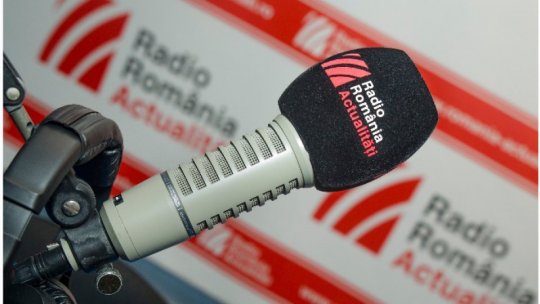Romanians in Ukraine and the Law on Regional Languages
High ranking officials in Bucharest have reacted to the infringement upon the rights of the Romanian community in Ukraine.

Articol de Radio România Internaţional, 26 Februarie 2014, 09:57
The Ukrainian Parliament’s abrogation of the law recognizing the status of the languages of ethnic minorities living in Ukraine as regional languages, which were therefore used in schools and administration, continues to trigger reactions in Bucharest.
The decision, made against the background of an infusion of Russophobe nationalism into the Ukrainian parliament, was meant as a slap in the face of the Russian minority, but the decision has affected the Romanian community as well, which has thus turned into collateral victim.
Bucharest’s increasing interest in the preservation of the rights of the Romanian community in Ukraine, which numbers over 400 thousand people, is legitimate.
Romanian Prime Minister Victor Ponta has voiced hope that Ukraine will soon pass a new European law on ethnic minorities in that country.
Also, the Romanian Foreign Ministry has stated that Ukraine must protect the rights of its national minorities, if it wants to stay on the road to Europe.
Moreover, the Romanian Foreign Ministry is seriously worried about the entire system of minority protection in Ukraine and says it will monitor the situation of all ethnic Romanians in that country as well as the way in which their rights are observed and promoted.
The President of the Romanian Senate, Crin Antonescu, and the Minister Delegate for Romanians Around the World, Cristian David, have underscored that the use of the Romanian language is a must for the Romanians living in Ukraine to be able to preserve their identity.
Reactions to the Ukrainian Parliament’s decision are all based on a reality that has been confirmed at European level.
Romania, recognized in Europe for the many rights that its minorities benefit from, is trying to use the power of its own example.
From unlimited access to government, be it local or central, to guaranteeing education in mother tongues and representation in the Romanian Parliament, Romania has all the good reasons to be seen as an example at European level with regard to the protection of minority rights.
Moreover, the most important ethnic minority in Romania, the Hungarian one, has always been able to promote its interests at the highest level, with its political representative, the Democratic Union of Ethnic Hungarians in Romania, present in all the governing coalitions in Romania ever since the1990s.









